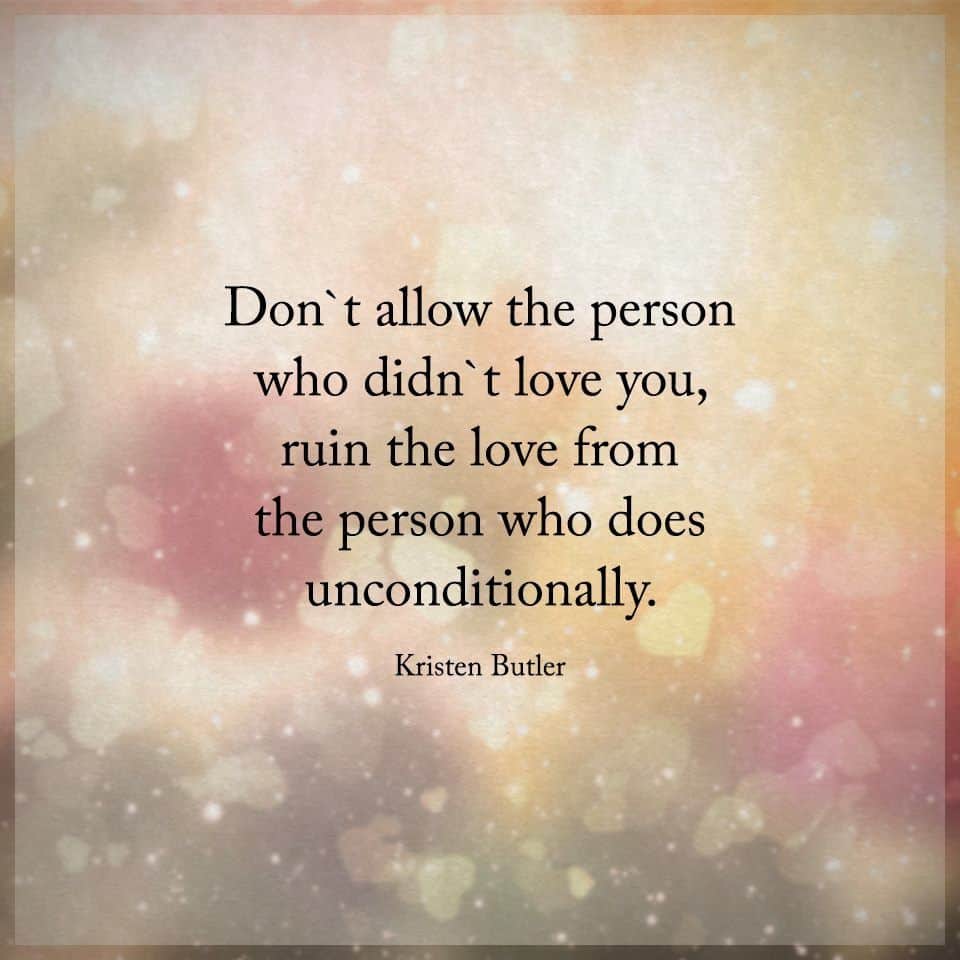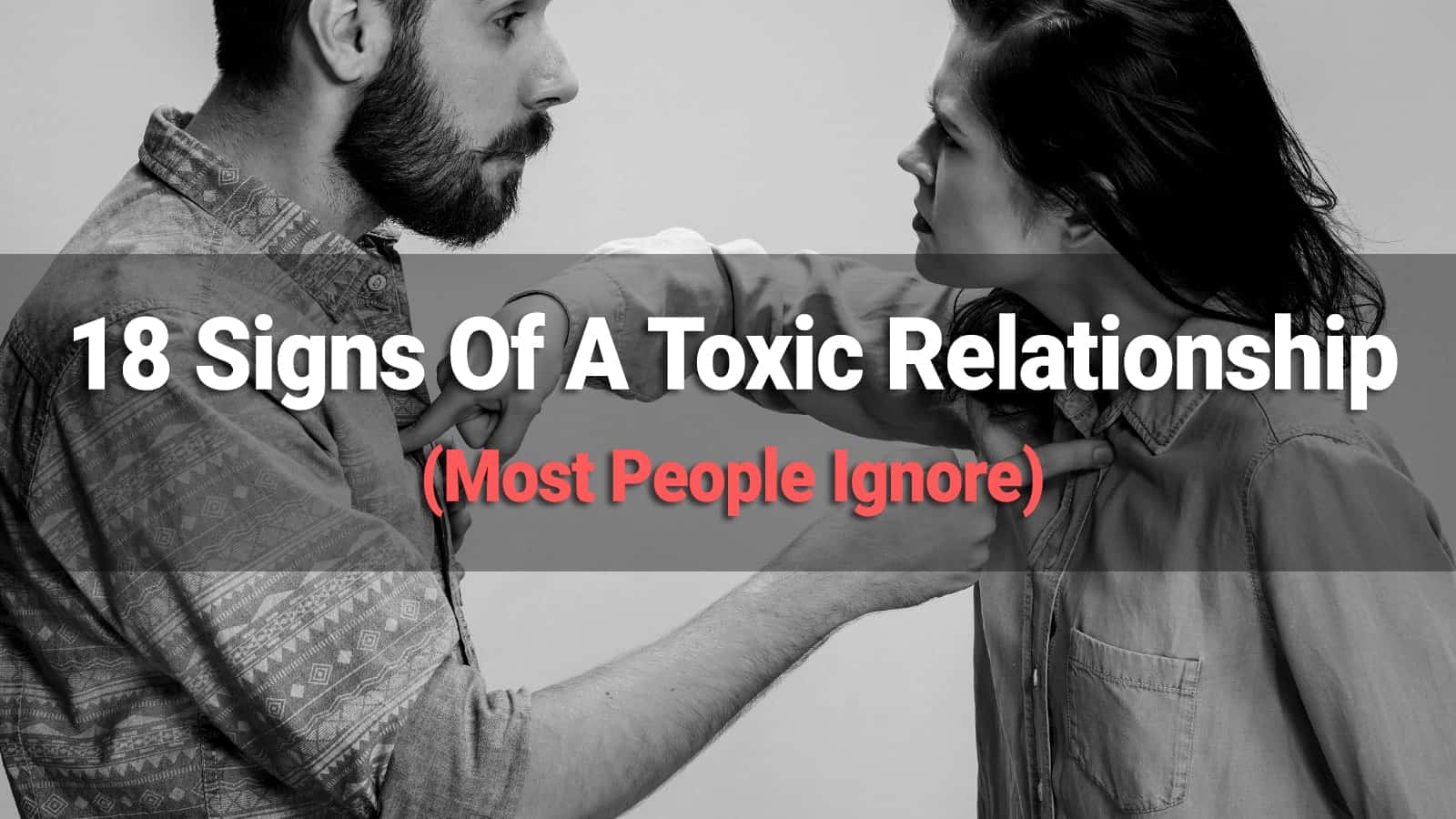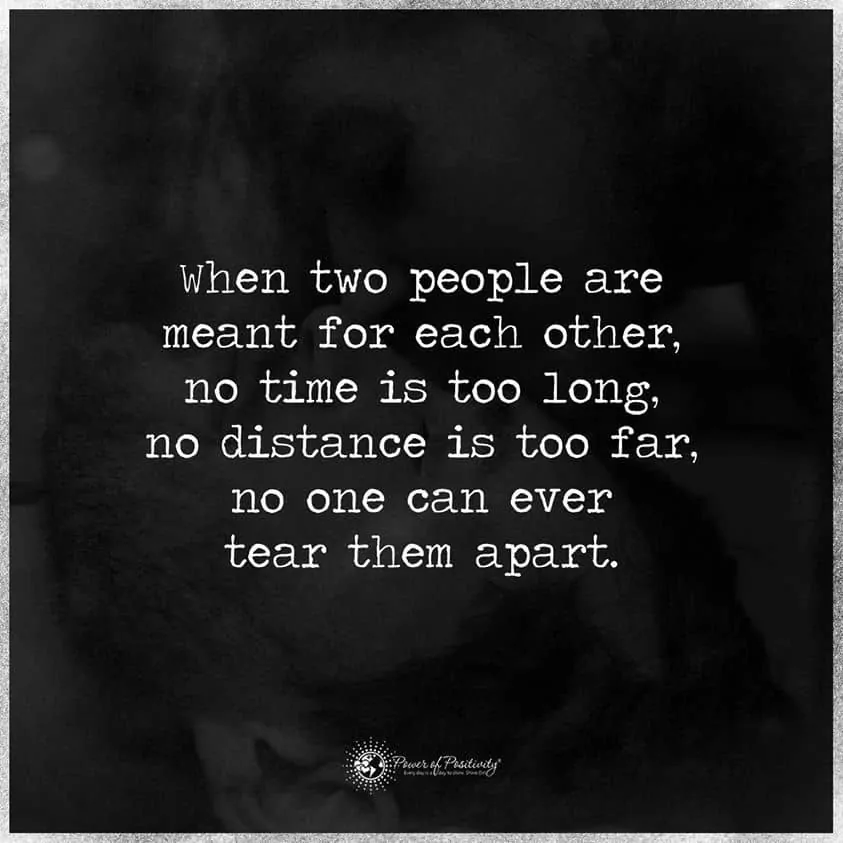Have you ever seen a so painfully unhealthy relationship that you can’t imagine why those people remain together? Or are you in a situation where you’re questioning your own partnership’s positivity but feel the need to stay despite knowing something is wrong?
4 Reasons Why People Stay In Toxic Relationships
Unfortunately, it is widespread for people to remain in bad partnerships, no matter how obvious the downsides are. Here are four reasons why people stay in toxic relationships and how to break free from them.
1. Investment
Many individuals in relationships have invested a lot into those relationships, sometimes to the point of feeling unable to leave. Those who decide to remain in bad relationships have shared investments with their partners, according to research.
This includes:- Sharing a home
- Having children together
- Intertwined financial status
- Time and effort
- Resources
In these circumstances, the knowledge you have invested so much in that relationship can cause you to feel reluctant to let the relationship go. After all, it’s easy to view ending something with so much investment as a “waste,” and the thought of having to redistribute everything you share and find agreements for who gets what is overwhelming. Why let it all “go to waste” when you can tolerate the toxicity?
2. Disliking The Available Alternatives
When people think about leaving a relationship, one of the first things that will cross their minds is the alternatives to being with that person. In some situations, the available options are less preferable to staying put. For example, someone may not leave if:
- Living outside of their relationship means losing the financial support of their partner, and they cannot make up for the loss with their work
- Their partner is more likely to get custody of the shared children, and the inability to be with their kids is a worse outcome than remaining
- They have low self-esteem and believe that they will never find anyone else to love or accept them; studies suggest this is a significant factor in staying in relationships
3. Love
Unfortunately, emotions are the driving force that often makes people stay. Being in love with a toxic person can mean overlooking their negative traits, using positive thinking through daily difficulties, and wanting to stay together simply because you love them.
Worse still, your emotions can override your rational thought. You may be cognitively aware of someone’s toxicity but have only good feelings about them thanks to the love you feel. You may even experience negative feelings about your relationship and have them ignored because of that positive spark of love. This means that you can know for sure that you’re in a lousy relationship and still stay out of love, and that’s sadly very common.
4. Abuse
Many people stay in relationships because of abuse of some kind. Sadly, many victims find themselves silenced or not taken seriously, and in the end, they often receive blame for staying regardless. It’s a terrible catch-22, but it’s a story we hear time and time again. Here are examples of abuse that may keep someone in a toxic relationship:
· Emotional Manipulation
Emotional abuse is often overlooked, but the act of destroying someone’s self-esteem through belittling, threatening, demeaning, or invalidating words can make someone think they shouldn’t leave. Someone who is manipulated this way may believe that no one else can love them, or that they will never be able to find anyone better, or even that they’re the ones at fault most in the relationship.
· Physical Abuse
Physical abuse can make someone fear harm from their partner if they leave. Many physical abusers perform something called “love-bombing,” where they behave extra sweetly to make up for the abuse that they do. In these moments, they can be charming and convince someone not to leave.
· Financial Abuse
A partner who withholds financial support to a partner who doesn’t work or earns much less could lead to someone’s decision to stay. This is especially true if they have no one else to rely on financially.
· Self-Threats
Sometimes, a toxic person will threaten to harm themselves if their partner leaves them. This is a form of emotional abuse, but few realize that’s what it is until much later. The resulting distress may convince someone to stay.
If you are a victim of any of these kinds of abuse, reach out to a domestic violence helpline or similar aid organization for help. They may be able to guide you or assist in your escape.
4 Ways To Break Free From Toxic Relationships
1. Understand Your Worth
Many people who are stuck in toxic relationships fail to consider that they are undeserving of that toxicity. Nobody should be trapped in a situation where they are abused, treated poorly, or aren’t receiving healthy and positive love and affection.
You are worth more than a toxic person makes you feel. You are worthy of a happy, loving relationship with someone who would never hurt you and will not perform unhealthy behaviors all the time, even after being spoken to about them. The time you waste staying where you are is more time you waste on something you deserve better than.
Remember, your toxic relationship holds you back from so many things. It could stop you from finding better relationships, growing and a person, and even from building a career. No relationship should do that.
2. Take Responsibility
Leaving a toxic relationship requires taking a lot of responsibility for your actions and your recovery. Of course, it makes sense that it would be easy to blame the other party, the person you perceive as the most toxic, for the state of your relationship. But ultimately, you need to stop pointing fingers and start focusing on yourself. To break free, you need to:
· Identify Your Problems
If you’ve stayed in a toxic relationship for such a long time, understand why. Were you drawn to that person due to past trauma with other poisonous people? Are you someone with your toxic traits, thus making you both like each other more? Did you like the idea of being able to “fix” them or the relationship? How did you contribute to the toxicity? Confronting your issues ensures that you learn from this relationship and don’t fall into a pattern of repeatedly dating the same kinds of people.
· Get Rid Of Denial
Many people make excuses for their toxic partners. “She’s just tired!”, “He just had a rough childhood!”, “They didn’t mean it, and they’re a good person at heart!”, “We just love each other so much that emotions run high!”. These excuses involve the person saying them being deep in denial. Face the facts: your relationship is toxic, no ifs, and, or buts about it. Crawling out of your denial allows you to see the relationship for what it is, and that burst of realism can be the rude awakening you need to break free.
· Do Your Part
When you finally leave, remember that you have the responsibility to make smarter decisions now. Could you not call your ex to check on them? Don’t fall into negative, equally toxic habits. Don’t try to move on to a new relationship immediately. Instead, work on yourself. Learn the lessons you have to learn, pick up on things you lost or let go of due to the relationship, and keep busy.
· Don’t Go Back On Your Decision
You chose to leave. Now, stick to it and don’t look back. It’s normal to miss someone you’ve been with for a long time, and you may think of your good times and wonder if you should get back to them. Don’t. Focus on the toxic aspects of the relationship and remind yourself why you needed to leave. If necessary, you can write down these reasons and look at the list whenever you’re having trouble staying away from your ex. Eventually, you will want to go back less and less.
3. Don’t Expect Others To Change; Change Yourself Instead
Some people stay in toxic relationships because they feel that something will change. Their partner will finally listen to them, or their dynamic will eventually shift, or they will finally convince their partner to transform a toxic part of them. It’s all wishful thinking and very unhealthy.
First, no one should be in a relationship with the sole goal of changing the other person into who they want them to be. That, in itself, is a pretty toxic foundation to begin with! You can’t go into a relationship with the desire to change other people, no matter how harmful they are. If you seek to change something, you shouldn’t be in that relationship.
This is not to say that mistakes can’t be made and people can’t learn and change. Of course, your partner can correct themselves as they grow as a person. But if you’re sitting there and hanging around hoping for a year of a toxic pattern to switch overnight, you’re barking up the wrong tree.
Remember, there’s only one person in this world that you can control: yourself. Learn to recognize repetitive patterns and control your response to them. You can decide that you want to leave, and you can decide that you’re worth more than this never-ending waiting game. As for your partner, if they wanted to change, they would.
4. Find Help and Support
Leaving a toxic relationship isn’t easy, but the good news is that you don’t have to do it alone. You can find support and assistance in many different forms and places, and you should seek that help. Don’t isolate yourself in this challenging time. Here are some ways to seek help:
· Talk To Loved Ones
Those who care about you and who you trust can help you as you work to overcome what you’ve been through. Surround yourself with those great, positive people in your life and confide in them, telling them aspects of the relationship you’d been afraid to talk about until now. They’ll help you move on and remind you never to look back again.
· Find Support Groups
You are not alone. Lots of people try to leave toxic relationships, and some communities provide support to them. Being around people in your situation will give you in-group support, and you can all motivate each other with positive thinking.
· Seek Professional Help
If you’re struggling with moving on or finding that you have a lot of trauma and pain attached to your old relationship, it’s a good idea to go to a professional. Counselors, therapists, and other mental health professionals have the necessary training to lend an unbiased ear while helping you make positive steps forward.
Final Thoughts On Some Reasons Why People Stay In Toxic Relationships And How To Break Free
No one deserves to be in a toxic relationship. If you are trapped in one, reach out for help. If you know someone trapped in one, extend your offers for aid if you can. Though it can be difficult, it is always possible to break free of a toxic relationship.

















 Community
Community

